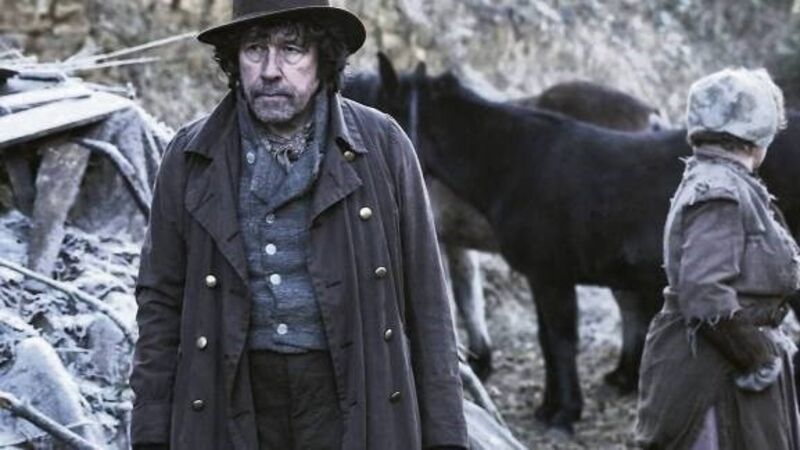Revenge as cold comfort in new movie about the Irish famine

Black 47 has an Irish man wreaking havoc among those who evicted his family during the Famine, writes
It’s a movie about the most devastating event in Irish history, a story that would be a huge challenge to bring to the big screen. Little wonder, then, that Black 47 director Lance Daly was amazed the Great Famine had never been











